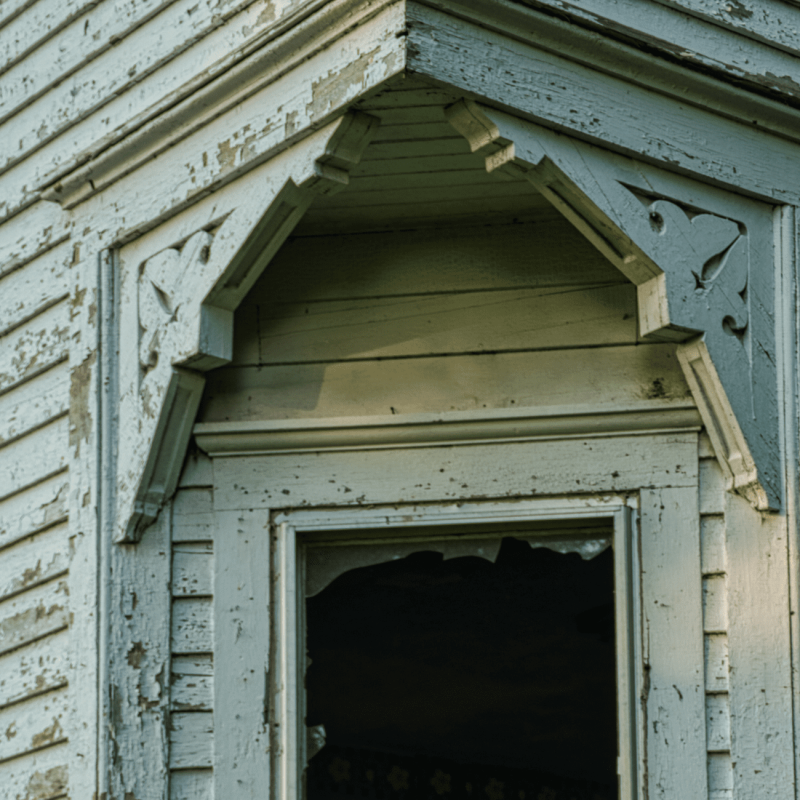Working Paper 903
In this paper I provide estimates of home foreclosure discounts for Cape Town, South Africa, a unique setting where until 2019, foreclosure auctions lacked reserve prices. Leveraging novel and comprehensive data on property transactions and foreclosure notices, I estimate sizable foreclosure discounts when properties are sold at auction of 17.3% using a hedonic model and 43.9% under a repeat-sales framework. These estimates are also robust to controlling for the transaction costs incurred at auctions, such as commission fees, property tax arrears and eviction costs, which when unaccounted for leads to a significant overestimate of foreclosure discounts. I show that the buyers of foreclosed property are more likely to be companies, who buy and flip multiple properties. Studying the returns these buyers make when selling in a hedonic model with year-suburb and buyer fixed effects, I find that sellers of foreclosed property bought at an auction make a 25.6 percentage points higher return than when the same seller sells a non-foreclosed property in the same suburb in the same year. These large discounts and returns may be especially punitive to foreclosed homeowners in settings like South Africa where mortgages represent recourse loans and are typically highly levered, given auction prices may not be sufficient to cover the outstanding mortgage principal, leaving a foreclosed homeowner without a home and still liable for a mortgage on a home they no longer own. This has important implications for the design of consumer protection legislation as it emphasizes the role of legislative safeguards, such as reserve prices, in providing protection to financially distressed consumers.
Keywords: Housing Markets, Foreclosures


